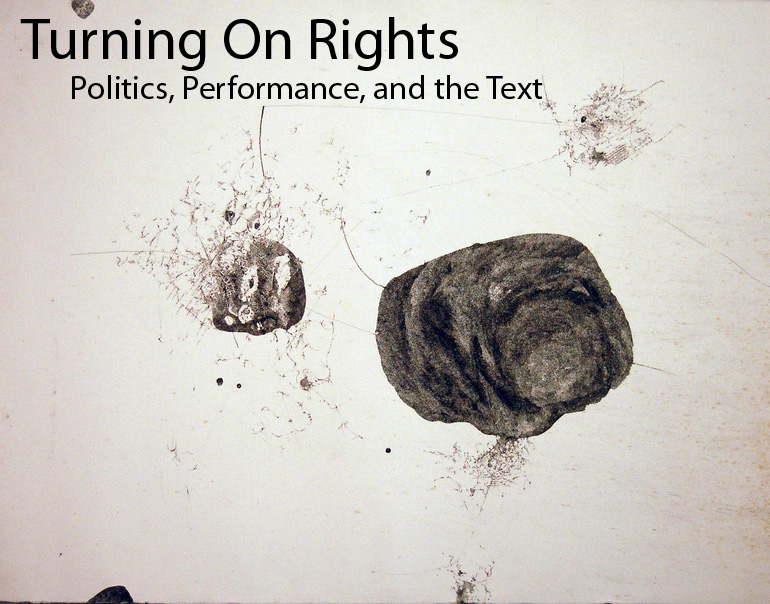THE NEGLECT OF THE AUTHOR IN NEW HISTORICISM
DOI:
https://doi.org/10.25071/1718-4657.36710Abstract
When discussing the emergence of New Historicism in American scholarship, it is imperative to assess its origins and influences. Mikhail Bakhtin’s exploration of the multiples of languages within the novel and Michel Foucault’s analysis of the role of the author in texts both catapulted the development of New Historical scholarship. Today, this method of scholarship approaches the author as a non-autonomous agent subjected by the multiple social, political, and cultural forces of his or her era. Similarly, literature is perceived as an art form not unique from others and should be analyzed to point toward overarching power structures to the same degree as any other mode of representation. In considering the author as a social construct, many New Historicists neglect to perceive the author as a potential formulator or modifier of reigning ideology. The fact of the matter is that literature is able to shape the ideology of a society, not merely represent it. In viewing the author as a construct of his time period, critics fail to attempt to determine which literary works were revolutionary in their ability to manipulate and change a given society’s underlying modes of thinking and practice.Published
2010-04-17
How to Cite
Marquez, P. A. (2010). THE NEGLECT OF THE AUTHOR IN NEW HISTORICISM. ETopia. https://doi.org/10.25071/1718-4657.36710
Issue
Section
Articles

